Although Impact Is Diminished, “Dirty Dozen” List Must Still Be Abandoned
4/082021
While the “dirty dozen” list impact has significantly diminished as more reporters and media outlets recognize it lacks scientific credibility and negatively impacts produce consumption, for the benefit of consumers, the Environmental Working Group (EWG) must discontinue releasing this list.
In 2020, media coverage of the list reached an all time low. In 2021, coverage was up over 2020 levels, however, few prominent outlets covered the list, broadcast coverage was negligible and the majority of articles were either balanced or carried the science based and peer reviewed content from safefruitsandveggies.com. On social media, the results were quite similar with many in the nutrition community sharing Alliance for Food and Farming (AFF) content among consumers to reassure them about produce safety as well as urge them to ignore this list.
But, while we are having significant success, we shouldn’t have to battle this annual misinformation campaign at all. Nor should farmers have their healthy and safe products referred to as “dirty.” Most importantly, no consumer should have to question their produce choices when shopping for themselves and their families.
The science clearly and substantially supports the safety of fruits and vegetables, yet EWG continues to use intentionally inflammatory language in an attempt to scare consumers away from popular produce items. It should also be noted that EWG themselves acknowledges in their “report” that they do not apply basic principles of toxicology nor do they assess risk when developing their list. This admission alone should discourage media coverage or attention on this list.
The pandemic has shown us the importance of accurate health and safety information. In fact, many in the media have decried the abandonment of basic tenets of science as we have navigated through this pandemic. Yet, some of those same outlets crying out for science covered the “dirty dozen” list without fully examining its numerous deficiencies and when presented with clear evidence. Why? Especially when those deficiencies are so easy to verify and simple to review?
The AFF will continue its work to promote food safety science, peer reviewed toxicology studies as well as nutrition research, which shows a diet rich in fruits and vegetables improves immune function, prevents diseases and extends lifespan. We will also aggressively counter inaccuracies about the safety of all produce so facts, not fear, can guide consumer choice.
But, ultimately, EWG must stop promoting misinformation and attempting to scare consumers away from the produce items they love for its own benefit. Because peer reviewed studies have shown that this list results in low income consumers stating they would be less likely to purchase any produce – organic or conventional. And that is an unacceptable result of EWG’s work.
Read, learn, choose but eat more organic and conventional fruits and vegetables every day for better health.
#NoMoreDirtyDozen



